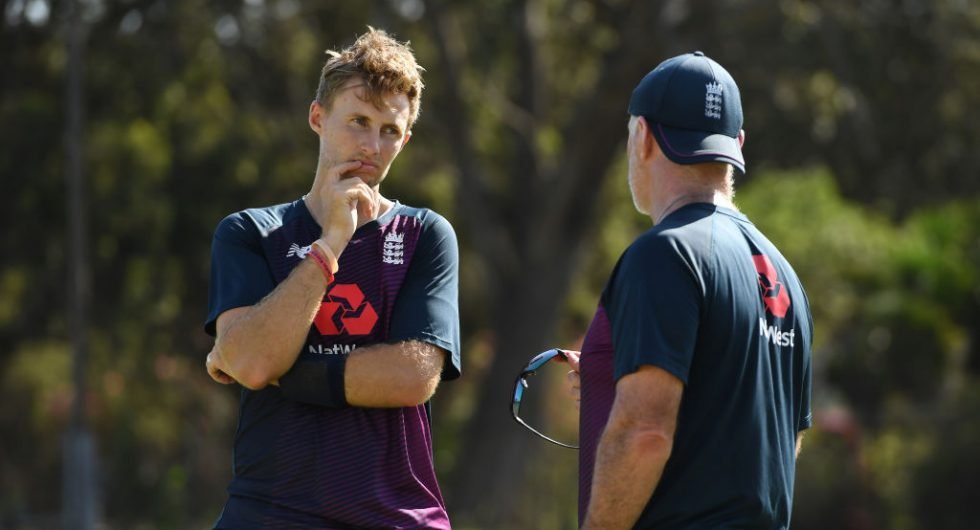Should Joe Root have been allowed to ‘un-declare’ after overturned dismissal?

It’s not often an England captain gets to declare a Test innings these days, so when Joe Root’s team racked up the runs in the first innings at of the third Test against South Africa at Port Elizabeth, the touring skipper took the chance to end his side’s innings not once but twice, ‘un-declaring’ in between.
Root initially declared when Mark Wood holed out to Anrich Nortje off Kagiso Rabada from the fifth ball of the 149th over, with only Stuart Broad left to bat, only to withdraw the declaration after replays revealed that Rabada had overstepped and Wood’s dismissal would be chalked off.
The unique situation led to speculation over whether Root’s recantation should have been allowed, and initial inspection of the Laws of Cricket seemed to suggest England’s declaration should have been upheld. Law 15.3 states: “A captain shall notify the opposing captain and the umpires of any decision to declare or to forfeit an innings. Once notified, the decision cannot be changed.”
When you declare because a wicket has fallen only for it to be called a no-ball…
Wood earns a reprieve as Rabada oversteps and England bat on…
? Watch #SAvENG live: https://t.co/7gdiEwfv4G
? Text commentary: https://t.co/yXLXnwcrMt
? Instagram: https://t.co/nKFk0aLksg pic.twitter.com/nxwmQgVM8z— Sky Sports Cricket (@SkyCricket) January 17, 2020
However, Law 15.1, which dictates when a captain can declare, paints a murkier picture. “The captain of the side batting may declare an innings closed, when the ball is dead, at any time during the innings,” it states, and whether the ball was dead is again a contentious issue.
Law 20.1.1.3 states the ball is dead when “a batsman is dismissed. The ball will be deemed to be dead from the instant of the incident causing the dismissal.” With the dismissal reversed, it makes intuitive sense that the ball being dead would be reversed as well, and Root’s declaration judged null and void, and hence the decision asked again. But this isn’t about intuitive sense, it’s about the Laws of Cricket, and law 20.5 suggests that “the ball ceases to be dead – that is, it comes into play – when the bowler starts his/her run-up” and at no other time.
In the ICC’s World Test Championship playing conditions, the appendix concerning umpire reviews offers a potential argument in Root’s favour. Appendix D, section 2.5.4 states “if a no ball is called following the check by the third umpire, the batting side shall benefit from the reversal of the dismissal”. Had England not been allowed to reverse their declaration, it is arguable that they would not have benefitted, apart from by earning an extra run.
If the ball wasn’t dead because of the dismissal, could it still have been dead for another reason? Law 20.1.2 suggests it is down to the umpire’s interpretation, stating: “The ball shall be considered to be dead when it is clear to the bowler’s end umpire that the fielding side and both batsmen at the wicket have ceased to regard it as in play.”
In the end, all that matters is that the umpires did allow Root to reverse his declaration, and if it feels like common sense prevailed, it also led to some entertaining cricket. Wood and Pope exuberantly smashed another three sixes before the former holed out again to Nortje, this time off spinner Keshav Maharaj. On this occasion, his foot was firmly behind the line.

